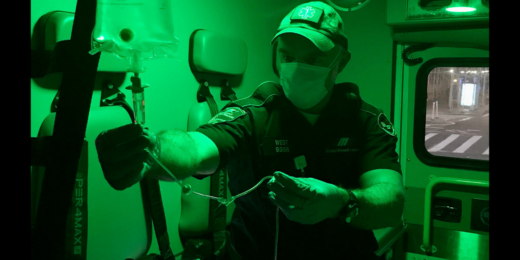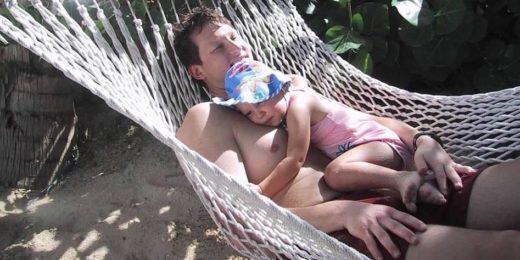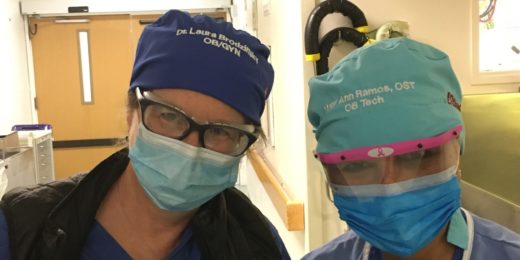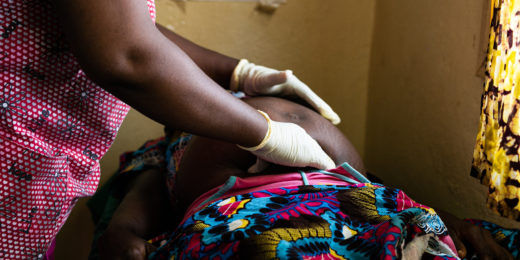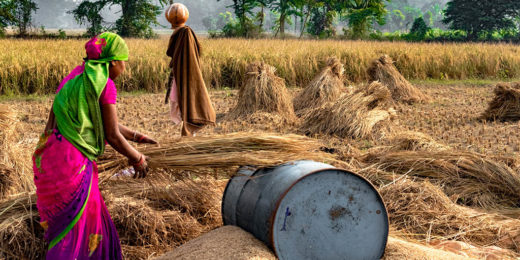This final post in the Reducing Falls For Older Adults series offers tips for avoiding falls during the pandemic, such as online exercise programs.
Month: January 2021
PA candidate at Stanford Medicine was medic in war zones and New York City COVID-19 surge
This Voices of COVID story features Stanford Medicine PA student Zach West, who was a New York City 911 paramedic when COVID-19 hit.
A sleep scientist’s legacy: Generations of well-rested students
Following recommendations from their parents, a new generation of students is benefiting from the insights of Stanford sleep science pioneer William Dement.
Names on surgical caps boost communication during C-sections, study finds
Wearing caps labeled with names and roles made it easier for everyone in the operating room to communicate during C-sections, a Stanford study found.
Data from twins suggests that gut bacteria are important in food allergies
A Stanford-led study of twins with and without food allergies has uncovered differences in the fecal bacteria of allergic and non-allergic individuals.
Stanford nanoparticle COVID-19 vaccine shows early success in mice
Stanford University researchers have developed a nanoparticle vaccine that has shown in mouse studies to effectively build coronavirus immunities.
Reducing falls for older adults: How physical activity keeps you balanced
The third blog post in the series, Reducing Falls For Older Adults, offers recommendations for remaining physically active to reduce the risk of falling.
Excised tonsils aid study of COVID-19 vaccines, the flu and more
Stanford scientists transformed tonsils into immunology labs in a dish, aiding research to develop vaccines for COVID-19, the flu and other diseases.
Reducing falls for older adults: What are the trouble spots in your home?
The second post in the Reducing Falls For Older Adults series identifies three problematic areas in a house and provides tips for making them safer.
Where COVID-19 walks in: Creating resilience in the emergency department
In the first post in the Voices of COVID series, Andra Blomkalns and Alison Kerr share how the emergency medicine team is rising to the challenge of COVID.
Study indicates substantial benefits from accelerated release of COVID-19 vaccine
In a modeling study, Stanford researchers find that an approach that holds back COVID-19 vaccine doses for later use needlessly delays vaccination for many.
Predicting premature birth in low-resource settings
A blood test that predicts if a baby will be born prematurely works well for pregnant women in developing countries, a Stanford-led study found.
Hospitals’ DNR orders are increasingly complex and varied
A study from the Stanford Center for Biomedical Ethics shows wide variation in how hospitals interpret and implement patients’ end-of-life treatment wishes.
Why do older adults fall? Learn the risk factors
This is the first blog post in the series, Reducing Falls For Older Adults. Know which risk factors increase the likelihood of a fall.
Anxious? Here’s what you can do
Anxiety is common, but if unchecked it can be harmful. Certain skills can help individuals manage anxiety, but if it persists or is severe, seek help.
Lessons in inequity from a global health study
A public health program in India improved maternal and child health initially, but was at risk of leaving behind disadvantaged participants when it expanded.



